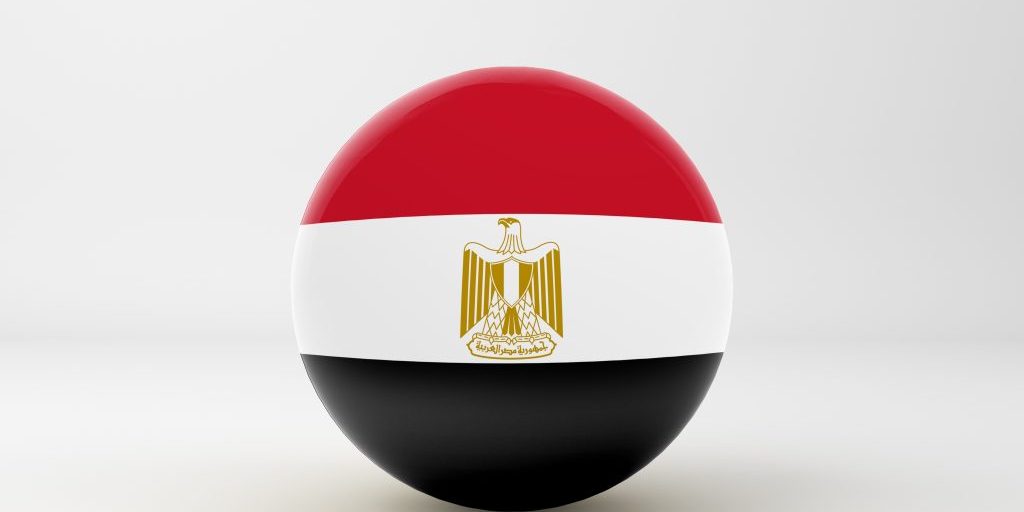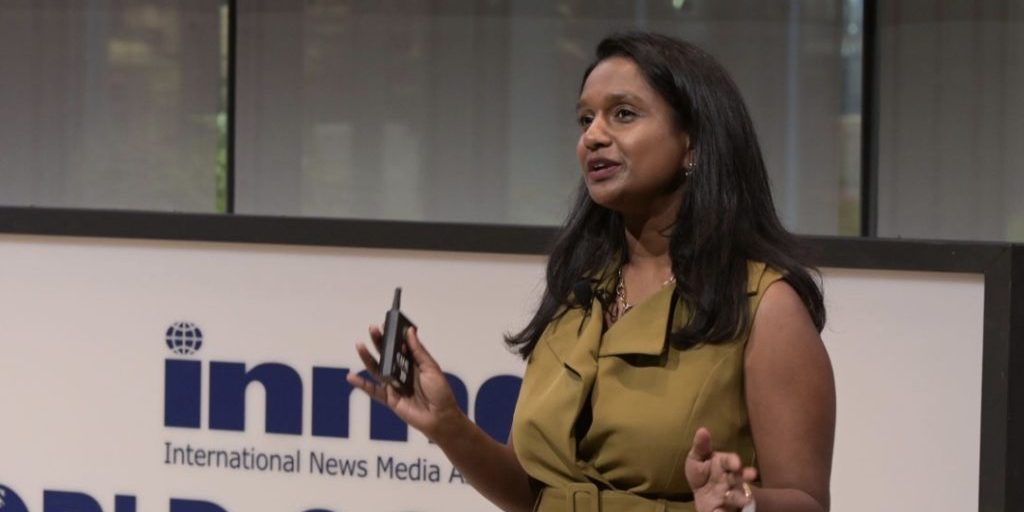Restrictions on media freedom: a paper submitted to the national dialogue in Egypt
PICTURE: qalebstudio on Freepik
Association for Freedom of Thought and Expression
The media scene in Egypt has been controlled by the government for decades, whether through legislation and laws that have been introduced or amended, or public policies toward media or through the direct ownership of many media outlets by security agencies.
The media market in Egypt has witnessed an unprecedented boom during the last years of the rule of late President Hosni Mubarak and the few years that followed the January 25 revolution.
During that period, a number of businessmen pumped large sums of money into the media field, whether to establish new satellite channels, newspapers, or news websites, which contributed to the existence of competitiveness in the field, especially in light of the diversity of media ownership.
The media landscape has changed since 2014, as after the openness the media witnessed, the Egyptian authorities regained control of the media scene through several tools and methods, including policy and legislative ones.
In 2017, the [Egyptian] authorities launched a large-scale campaign to block a number of independent and opposition news websites. The number of blocked websites has since reached at least 558, according to the Association for Free Thought and Expression (AFTE).
In 2018, the Egyptian authorities tightened their grip – directly and indirectly – on the media landscape through a package of laws, including the Press and Media Regulation Law No. 180 of 2018, the laws of both the National Press Authority and the National Media Authority, and the Information Technology Crimes Law, which the authorities have increasingly used against journalists over the recent period, resulting in the arrest and detention of a number of them.
The authorities still refuse to pass a law on access to information or regularize the status of independent news websites.
These practices led to the depletion and impoverishment of the Egyptian media market, both in terms of audience and journalists, as citizens lost confidence in the media, its credibility and diversity. The authorities imposed censorship on and restricted journalistic work and applied custodial penalties in publishing crimes, thus creating a state of self-censorship and making the media market repellent to opposition and independent journalists as well as to potential investments.
In 2021, Egypt ranked 168th in the Reporters Without Borders World Press Freedom Index out of 180 countries included, declining eight places compared to the situation in 2017 when it ranked 160th in the same list.
While the Egyptian government is moving to exit from some economic sectors and allow foreign and local investors to enter the Egyptian economy, it has become important and feasible for the government to adopt similar policies toward the local media market.
The government recently presented a draft of what it described as a ‘state ownership document’, announcing its plan to exit from some economic activities in the country and expand the private sector’s role in the gross domestic product.




